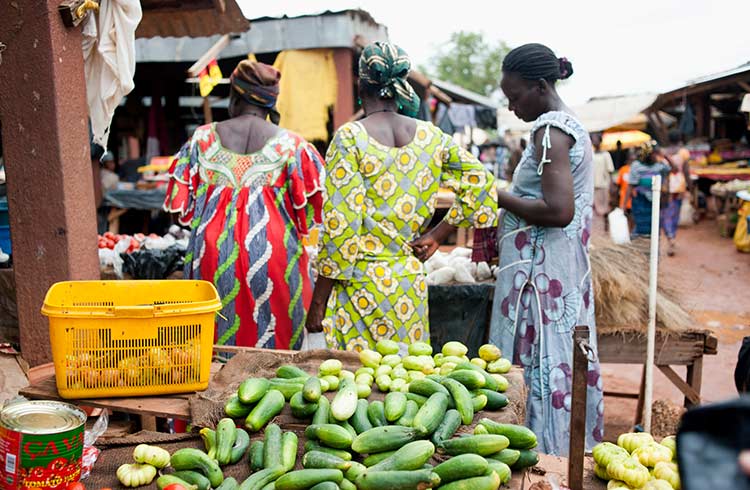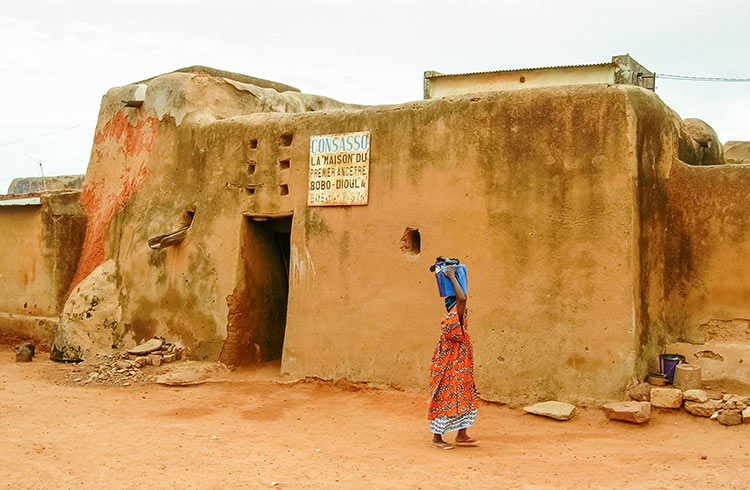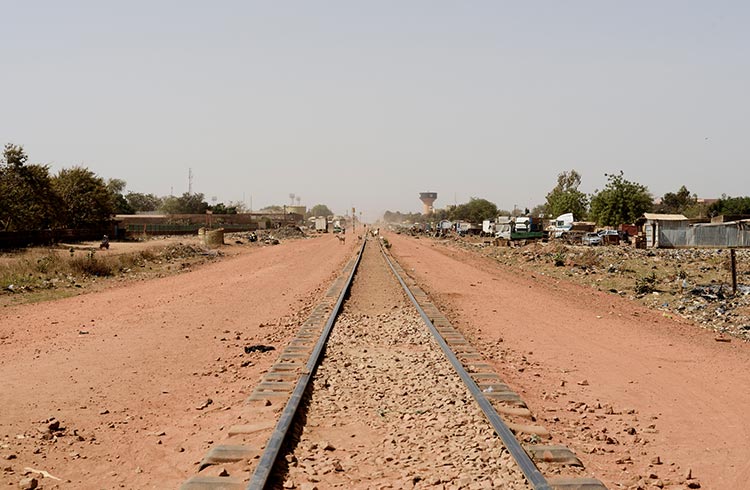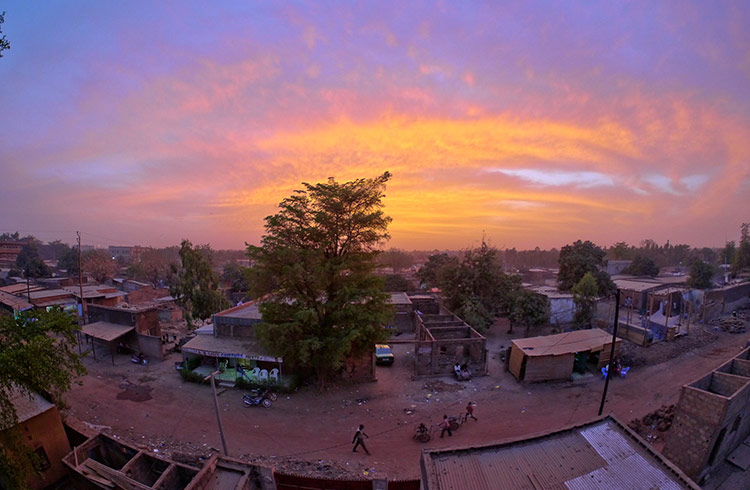How to Stay Healthy in Burkina Faso: Hygiene Tips
What you need to know about emergency medical care, common diseases, required immunisations, water-borne and food-borne illnesses in Burkina Faso.
 Photo © Getty Images/U.Ozel.Images
Photo © Getty Images/U.Ozel.Images
Be prepared for your trip to Burkina Faso with these tips on what types of health issues, insects and diseases you should be aware of, and what vaccinations you need before you go.
Before you go, ask yourself: are you fit to travel?
Falling ill in West Africa is not a pleasant experience, so do your research and come prepared with medications and expectations. Being over-prepared is always better when traveling in Burkina Faso.
Medical treatment in Burkina Faso
Whatever you do, taking risks in Burkina Faso isn't a good idea. Emergency health care is almost non-existent in some regions, and medical facilities are poor.
The capital, Ouagadougou, does have ambulances and hospitals, but areas outside the main city are not the best equipped.
Short supply of emergency health can leave you stranded when you need it most. And if they do get to you, ambulances in Burkina Faso are not up to the standard you'll find back home.
You need to think carefully about the risks you are willing to take, and be aware of medical evacuation costs, which could add up to around US $100,000. Do your research to find the right travel insurance product for you.
Access to mediciation is another dilemma in Burkina Faso. Similar to the ambulance situation, basic medical supplies aren‘t always available.
The best advice is to pack what you need from home, and keep it in your day pack wherever you are going. You can never carry too much medicine or simple first aid equipment. Here are a few tips on what to consider packing in your first aid kit before you go.
Diseases in Burkina Faso
Burkina Faso is located in the African Meningitis belt, and you need to take all disease risks very seriously. Visit a travel doctor a few months prior to your departure so you can get the right advice on which vaccinations and booster shots you need for Burkina Faso.
The CDC and WHO recommend the following vaccinations for all travelers:
- Cholera
- Yellow fever
- Hepatitis A
- Hepatitis B
- Typhoid
- Chickenpox
- Shingles
- Pneumonia
- Influenza
- Rabies
- Meningitis
- Polio
- Measles, mumps and rubella (MMR)
- Tdap (tetanus, diphtheria and pertussis).
Meningitis
Meningitis is endemic in Burkina Faso, and cases are most frequent during the drier, dustier months of January through June. Travelers should confirm that their meningitis A, C, Y, W, 135 inoculations are up to date.
For further information on meningitis and how to avoid it, check out this guide.
Malaria
Malaria is a risk in Burkina Faso. You should do your best to avoid mosquito bites by staying covered up at night and early mornings, and carry insect repellent wherever you go. Speak to your doctor about taking anti-malarial medication, as the risk is high here.
Read these tips on preventing mosquito bites no matter where you are in the world.
Yellow fever
Yellow fever is transmitted during daylight hours by the Aedes mosquito. The vaccination against this disease lasts 10 years, and you must carry a vaccination certificate as it is required to enter Burkina Faso.
Yellow fever exhibits flu-like symptoms and at worst, liver inflammation.
Tuberculosis
Another disease plaguing Burkina Faso is tuberculosis. This nasty disease may seem an ailment of the past, but it‘s alive and well in various regions across Africa.
Water-borne disease
Be aware of water-borne, food-borne, parasitic and other infectious diseases (including HIV/AIDS, cholera, yellow fever, hepatitis, bilharzia, measles and polio) in Burkina Faso. Avoid eating uncooked foods such as salads or fruits you cannot peel.
Can I drink the water in Burkina Faso?
We'll give you the short short answer, no. It's crucial you treat all water before drinking while traveling around Burkina Faso to avoid contracting water-borne diseases. Pack water purification tablets, a water filtration system such as Grayl, or boil all water for at least one minute before drinking (and then wait for it to cool down, of course).
Have you been to Burkina Faso? Share your travel health tips with us below!
Related articles
Simple and flexible travel insurance
You can buy at home or while traveling, and claim online from anywhere in the world. With 150+ adventure activities covered and 24/7 emergency assistance.
Get a quote


No Comments